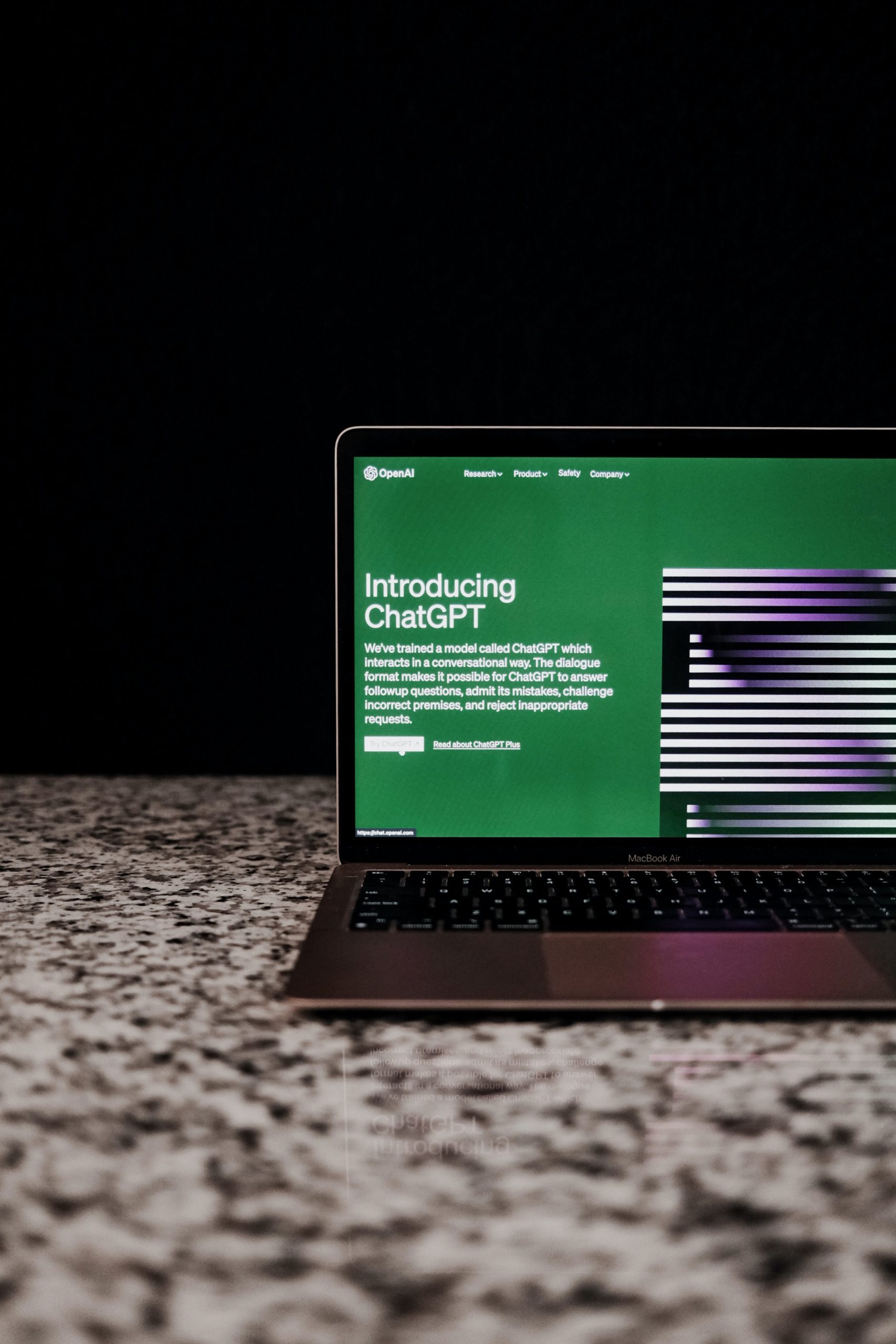Connect ChatGPT to the Internet via ‘Browse with Bing’
The integration of ChatGPT with web browsing capabilities has been a topic of intrigue for many users. While the standard version of ChatGPT operates in a closed environment, there have been discussions and experiments surrounding the potential of connecting ChatGPT to the internet using tools like ‘Browse with Bing’. In this article, we will explore this concept, its feasibility, and the implications it might have on the functionality of ChatGPT.

Understanding ChatGPT
Before delving into the notion of connecting ChatGPT to the internet, it’s essential to grasp what ChatGPT is. Developed by OpenAI, ChatGPT is a state-of-the-art language model powered by the GPT-3.5 architecture. It is designed to generate human-like text based on the input it receives, making it a powerful tool for various applications like content generation, chatbot development, and more.
However, as of my last training data in January 2022, ChatGPT operates in a sandboxed environment, meaning it doesn’t have direct access to the internet. This limitation ensures that the information it provides is based solely on its pre-existing training data and doesn’t retrieve real-time information from the web.
‘Browse with Bing’: An Intriguing Proposition
The concept of connecting ChatGPT to the internet via ‘Browse with Bing’ is an experimental approach that attempts to bridge the gap between ChatGPT’s knowledge base and real-time information on the internet. ‘Browse with Bing’ is a feature that enables web browsing within certain Microsoft applications, providing users with the ability to access web pages directly from the application interface.
The idea behind this experiment is to leverage ‘Browse with Bing’ to enable ChatGPT to retrieve up-to-date information from the internet, thereby expanding its knowledge and allowing it to generate responses based on current events, recent publications, and dynamic data.
The Feasibility Challenge
While the concept of integrating ‘Browse with Bing’ with ChatGPT is intriguing, it presents several technical and ethical challenges. As of my last training data in January 2022, there is no direct API or documented method provided by OpenAI to connect ChatGPT to external services or browsers.
Implementing such a connection would require substantial modifications to ChatGPT’s existing architecture, potentially introducing security vulnerabilities and ethical concerns related to privacy and data usage. Moreover, ensuring the seamless and safe integration of web browsing capabilities into ChatGPT’s environment is a complex task that would demand meticulous engineering and testing.

Ethical Considerations
Integrating web browsing capabilities with ChatGPT raises critical ethical considerations. Connecting to the internet means that the model could potentially access any publicly available information, including sensitive or inappropriate content. Maintaining control over the content generated by ChatGPT becomes a significant challenge, as it could potentially lead to the production of misinformation, harmful content, or other undesirable outputs.
Additionally, privacy concerns emerge when considering the implications of a model with internet access. Safeguarding user data and ensuring compliance with privacy regulations becomes paramount, as browsing the internet inherently involves transmitting and receiving data.
The Path Forward
As of my last update in January 2022, OpenAI has not officially released a method to connect ChatGPT to the internet via ‘Browse with Bing’ or any similar service. However, it’s worth noting that the field of artificial intelligence is dynamic and rapidly evolving. OpenAI may introduce new features, APIs, or capabilities in the future that address these possibilities.
In the meantime, researchers and developers continue to explore innovative ways to enhance the capabilities of models like ChatGPT. Experimentation and collaboration within the AI community could potentially lead to breakthroughs in integrating web browsing functionality with advanced language models.
While the idea of connecting ChatGPT to the internet via ‘Browse with Bing’ is intriguing, it poses significant technical and ethical challenges. As of my last update in January 2022, this integration remains speculative and is not supported by OpenAI’s official documentation or APIs.
As the field of artificial intelligence continues to advance, it’s possible that future developments may pave the way for more sophisticated interactions between AI models and the internet. Until then, it’s essential to approach such concepts with caution, prioritizing privacy, security, and ethical considerations in the pursuit of expanding the capabilities of language models like ChatGPT.

Comments are closed.